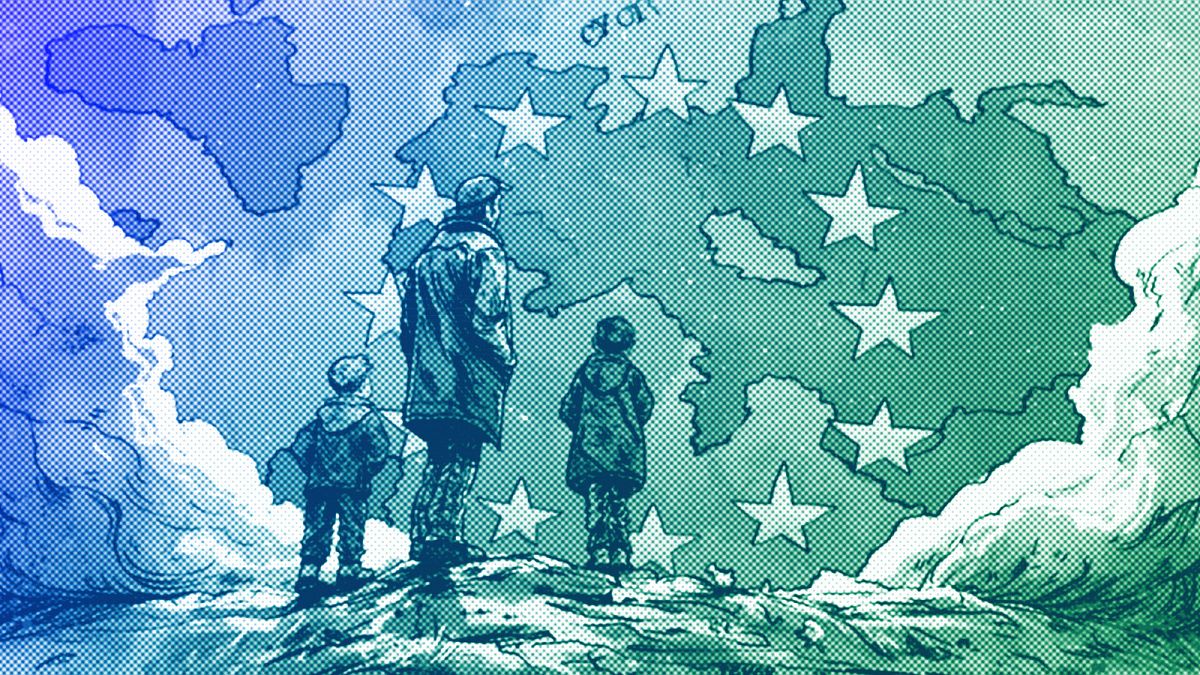European integration faces challenges as the “minimum European consensus” among the 27 member states seems to be fading. The idea of “more Europe” is being contested, especially by the conservative right to the far left. The gradual disappearance of this consensus has several origins, including the immense challenges facing Europe, the lack of leadership and vision at both member state and EU levels, political fragmentation, and the increasing politicization of EU institutions.
The challenges Europe faces are vast, including competitiveness, decarbonization, security, migration, and more. The lack of urgency and direction in addressing these challenges is a concerning issue. Leadership is required to debate and prioritize actions needed to move forward. The continued fragmentation of political systems in European countries, along with the rise of Euroscepticism, adds to the lack of consensus and compromises necessary for progress.
The politicization of EU institutions, particularly the European Commission, raises concerns about a partisan approach rather than focusing on common European interests. The unhealed wounds from past crises, such as North vs South, West vs East, and other divisions, further complicate the path towards a united European vision. The EU is at a tipping point where generating a new European consensus is essential to avoid becoming irrelevant in a changing geopolitical landscape.
Despite the necessity for a unified approach and shared goals among EU member states, the current challenges facing Europe highlight the difficulties in maintaining a “minimum European consensus.” The lack of urgency, direction, leadership, and consensus, along with political fragmentation and increasing politicization, present significant obstacles. It is crucial for Europe to address these issues and find common ground to move forward effectively.









